Menu
Columns
Showing 3546 Columns
Showing 3546 Columns
September 11th, 2012
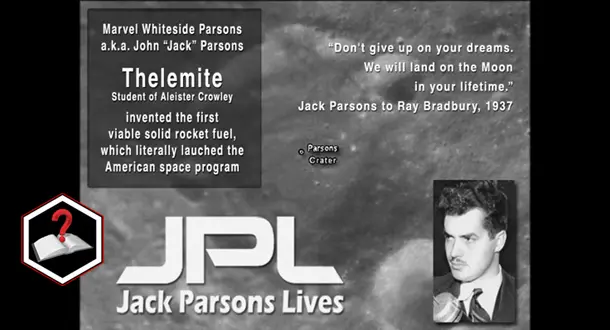
Welcome to a new feature at LitReactor, in which we introduce you, the reader, to a must-read book that is perhaps unfamiliar to you. I’d like to kick off this feature with a book I have long loved, the fascinating biography Strange Angel: The Otherworldly Life of Rocket Scientist John Whiteside Parsons by George Pendle.
Read Column →September 10th, 2012
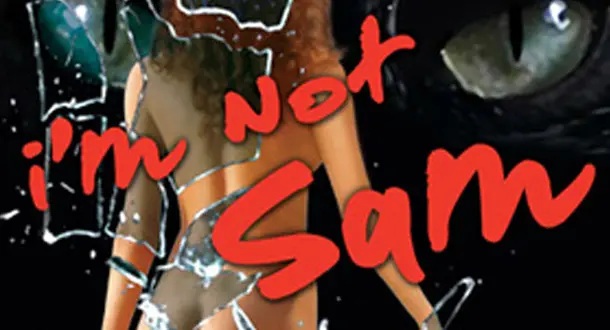
When Lucky McKee and I sent I’M NOT SAM to our agent, Alice Martell, it took her a few days to respond. This was not at all like her. She’d always been johnny-on-the-spot with our stuff, bless her heart. But you didn’t want to push her. Hell, no. I’d been an agent myself. I knew that pushing your agent is as likely to get you what you want as throwing a tantrum in Times Square is likely to get you a cab. When she finally did respond, she called and said she’d actually lost sleep over the thing.
Read Column →September 7th, 2012
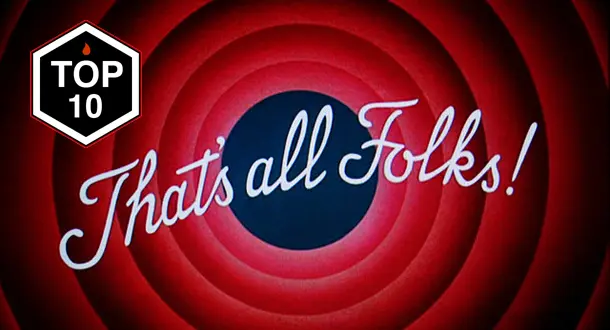
Editor's Note: the following article not only contains the closing lines of ten great novels, but also delves into plots, climaxes, and endings. Though most of the books discussed were published many years ago, those who wish to be surprised be warned: here there be spoilers.
Read Column →September 7th, 2012

Too many people get so caught up in what the art critic Robert Hughes called “the shock of the new” that they miss one of my favorite aspects of reading: the shock of the old. Rereading a book I’ve loved before is like refreshing a longstanding friendship. The same pleasure returns, but something unexpected pops out – a character whose wisdom suddenly makes sense, or a once reasonable action that turns unexpectedly foolish. We change as we age, or at least we like to think we do; so do our perspectives on what we read.
Read Column →September 6th, 2012
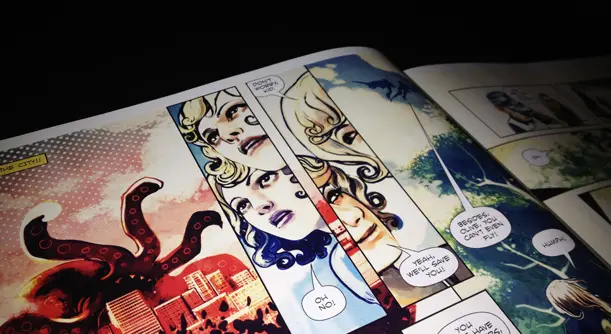
Don't Write Comics is a multi-part essay about writing comics, understanding what your options are, finding the right artist, and everything you need to do to get a strong comic book pitch package together. We’re in the home stretch!
Read Column →September 6th, 2012
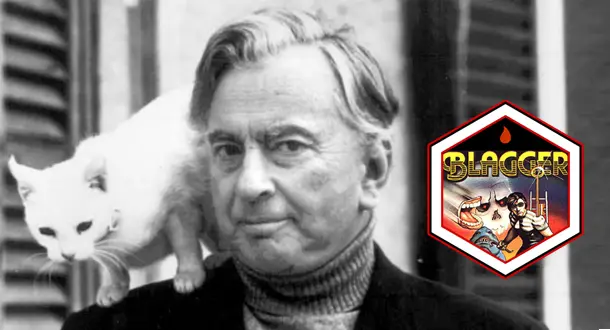
To blag (v): to sound like you know what you’re talking about when you don’t The Blagger’s Guide to Literature (n): an invaluable resource for those who wish to blag about books without actually reading them.
Read Column →September 5th, 2012
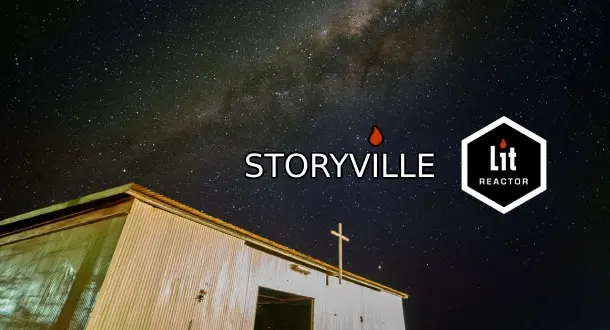
WARNING: This column will talk about sex in a graphic and frank way—so if you are underage or easily offended, please do not continue reading.
Read Column →September 5th, 2012
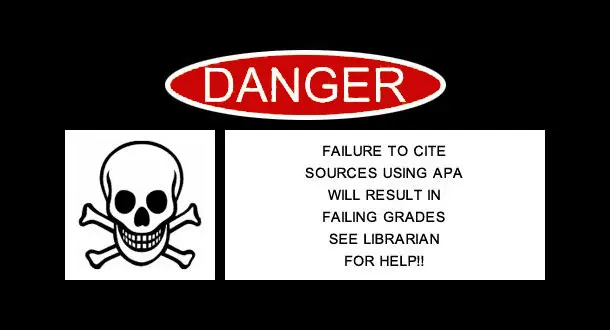
What the *bleep* is a style guide? I am not saying that my high school English teachers failed me, but I arrived as a college freshman without the slightest idea what a style guide was. At matriculation, the college president handed each of us a copy of The Elements of Style. I didn’t know what it was for and therefore shelved it for nearly my entire college career.
Read Column →September 4th, 2012

If you haven’t read Deborah Harkness’s A Discovery of Witches, it’s worth a try. There are witches, vampires, and demons spelled with an “a,” not to mention a heroine who spends days researching and consulting manuscripts at the Bodleian Library in Oxford. It got me thinking about rare materials and archives, and how truly foreign and inaccessible they seem. “Serious scholarship” is somehow embedded in the word “archives,” leaving them a mystery to most.
Read Column →September 3rd, 2012
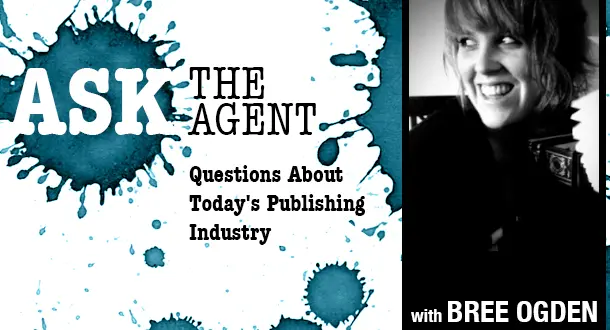
Navigating the rough terrain of today’s publishing industry shouldn’t be a solo event. This week in Ask the Agent, I’ll explore and dissect two of the industry’s mysteries, straight from the shoulder. Question from Heidi Could you talk about the differences between query letter, cover letter, and pitch? These three items are very much the same thing, but in different contexts.
Read Column →Submitting your manuscript?
Professional editors help your manuscript stand out for the right reasons.
